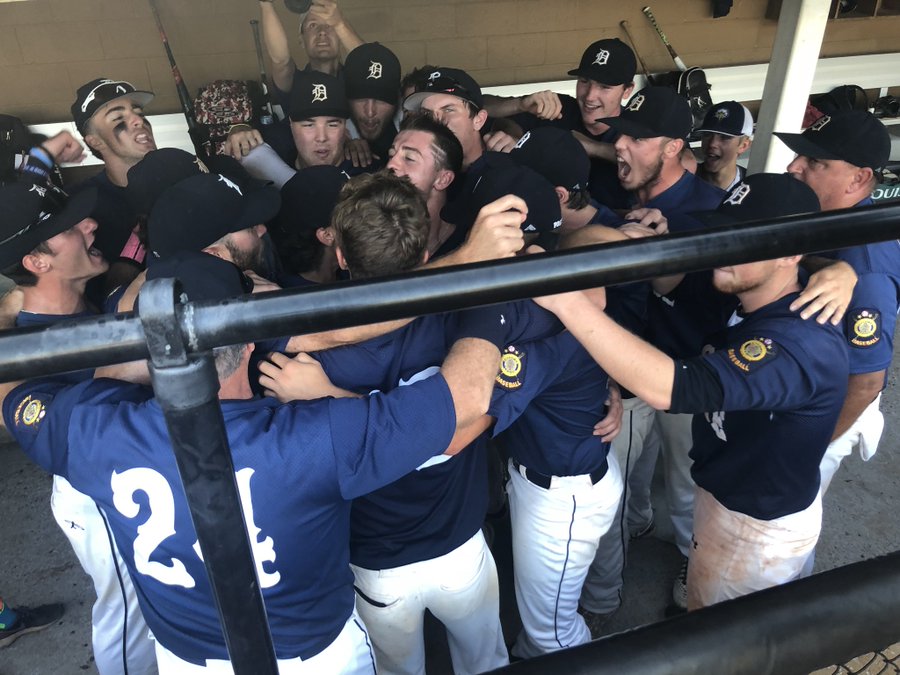
If you have coached for any length of time, you should be able to reflect back on the different teams that you have coached and then be able to identify a unique personality trait that makes each team different from all the others. This most likely happens because players from previous teams graduate, transfer or even give up playing the game. Also, new players with their own distinct personalities join the team. At times, only one or two new players may affect the personality of the team either positively or negatively.
Culture has been defined simply as a shared way of doing something with passion. Developing a great place to practice, train and compete is the difference between being a good team and a great team. I’m not talking about facilities here, although that is certainly a factor. I’m talking about a positive environment for learning and growing.
Coaches can change the culture of the team, but it’s hard to change the soul of the team. Players may go through the motions of adapting to your philosophy, but coaches want players to reflect a dynamic, team first, “we’re all in this together” culture. To do this, it must develop from the inside out. This process takes time, energy and a sincere, authentic desire from the coach to build something special within the team.
In his excellent book,
The Relationship Principles of Jesus, Tom Holladay makes an excellent point: “Unity isn’t found in being the same. The strongest relationships often occur when those who are different – those who have learned to accept their differences instead of demanding that others become just like them.” Unless I learn to accept others’ differences, I’m doomed to spend the rest of my life only with people just like me! Now that’s a scary thought!
On your team you will have loud, top-step-of-the dugout players and quiet players who may not want to be the center of attention. You will have players with a high baseball IQ and others who need to learn and grow in knowledge. The year before Mickey Mantle got called up to the Yankees, he made fifty-five errors at shortstop on minor league teams. Casey Stengel moved him to centerfield; and in his first game at that position, he misjudged a fly ball and wash it in the head. After a rough start, Mantle became a great centerfielder with not only superstar talent but also possessing a high baseball IQ.
Bottom line, every player is unique and every team will have its own distinctive personality. A player or a team may go through the motions to please the coach, but it’s much more productive to build unity using the special component that each player brings to the team.
Obviously, there are standards and guidelines that every player must respect, but as a coach it’s important to understand that “one size does not fit all.” When it comes to personality, baseball IQ, motivation, family background, even personal dreams, each player is unique, but their uniqueness can help them become an intregal part of a team that is different than any team you have ever coached.
As a coach or a player, special things happen on a team when each individual player’s uniqueness is accepted.
Accept one another, then, just as Christ accepted you, in order to bring praise to God. — Romans 15:7